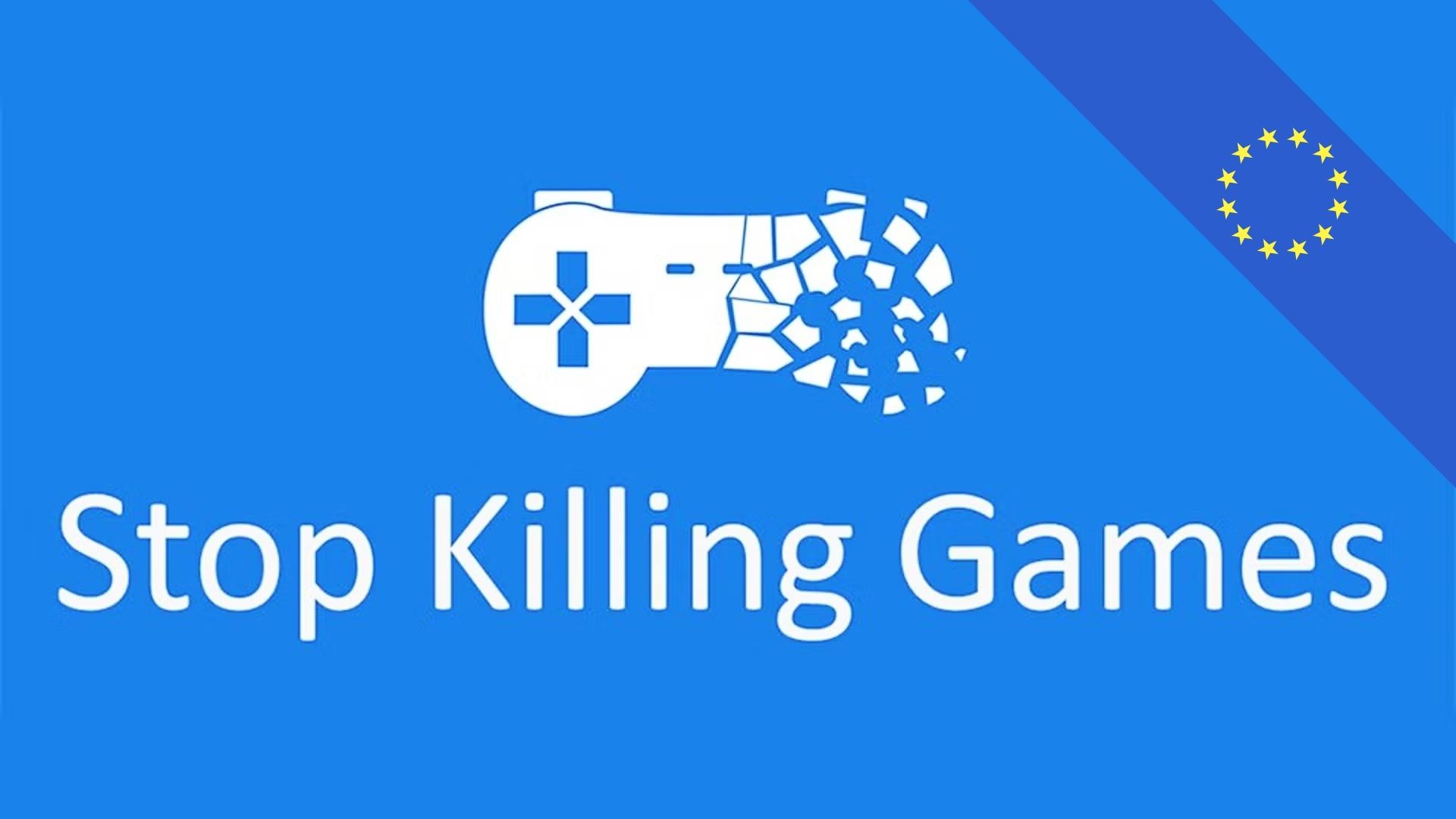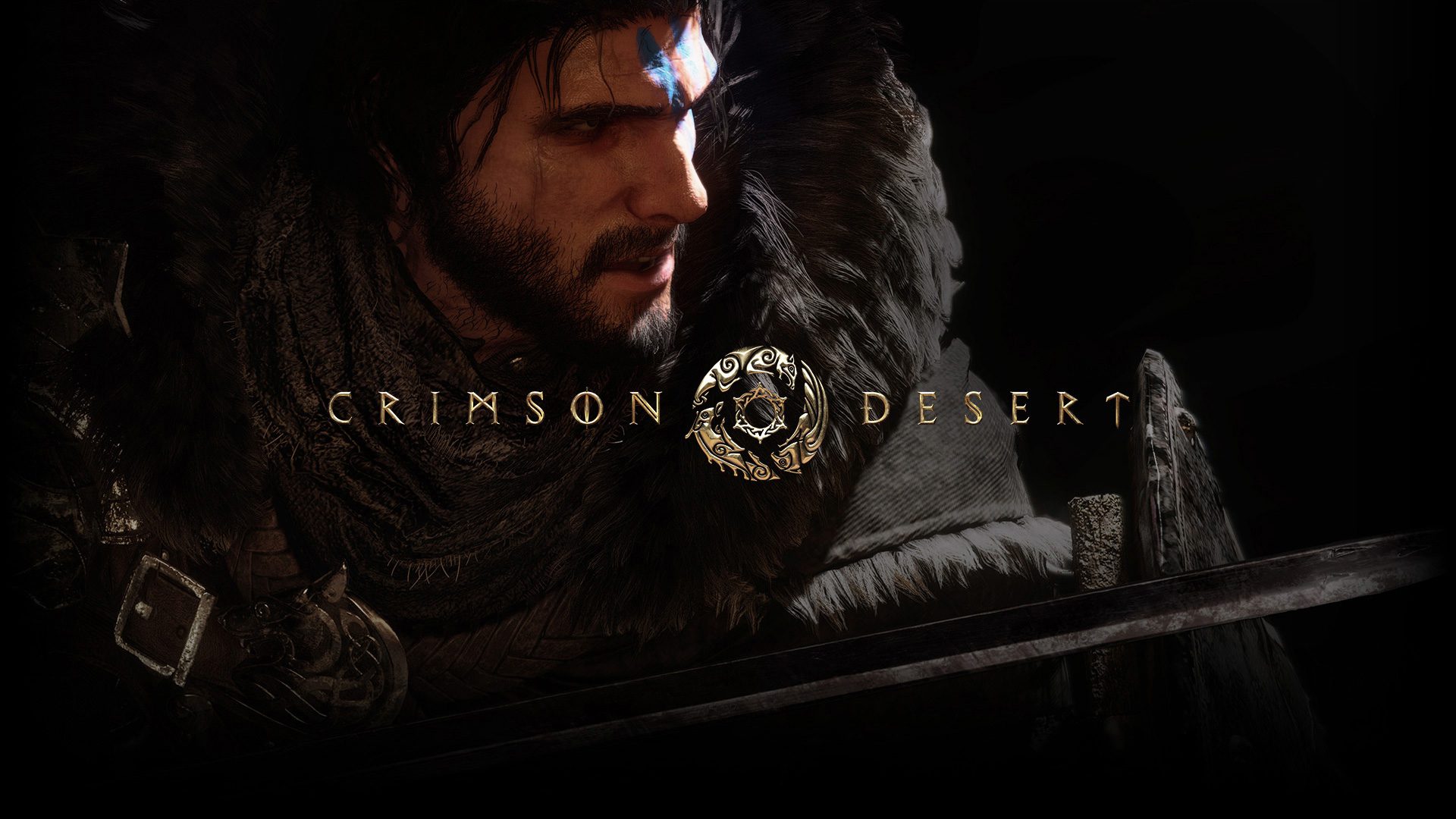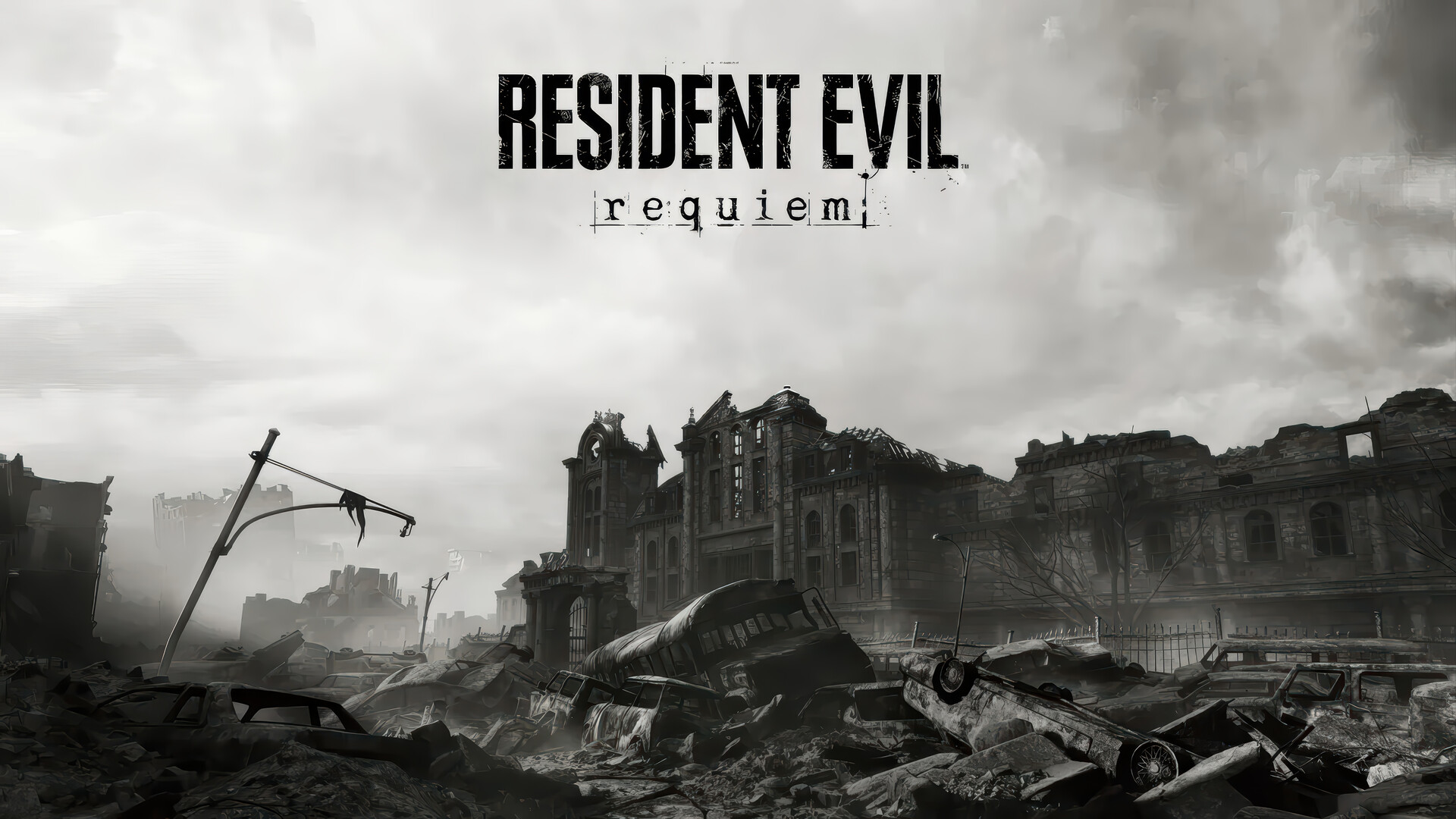The United Kingdom rejects legislating to protect withdrawn games, and preservation is once again left in the hands of companies.
More stories in the category News
- Crimson Desert can be obtained for free on PC thanks to a new promotion
- The high demand for Resident Evil Requiem is blocking physical pre-orders at several stores
- Directive 8020 now has a release date and marks the beginning of the new stage of The Dark Pictures
| Don't miss anything and follow us on Google News! |
The debate about the future of digital video games has been reignited. Everything started with Stop Killing Games, a campaign born out of the frustration of thousands of players who have seen how titles they purchased disappeared forever after the closure of their servers. The movement achieved something historic: bringing the discussion to the British Parliament. But the outcome was not what was expected.
After the debate held on November 3rd, the UK government has decided not to intervene or create laws that would force companies to keep online games active. In other words, it will still be up to each company to decide when a title is no longer available, even if users have purchased it legally.
The British Government’s Message: “We don’t buy games, we license them”
The Executive was clear in its stance. According to their statement, video games are “dynamic services, not static products“, and keeping them active indefinitely would be “an unsustainable cost for companies“. An explanation that, although it makes some technical sense, leaves consumers without tools to defend what they buy.
The most controversial statement was that “video games have never really been sold“. According to the Government, players only acquire a temporary use license, valid as long as the service remains active. In other words: we are not owners of the digital games we buy, but rather users with permission to play them as long as the company wants to keep them available.
The Debate Remains Open: Right of Access or Closed Business?
Although the British government has urged companies to communicate more transparently about closures and withdrawals, the decision not to legislate leaves the door open for each publisher to do as they see fit. This has reignited the debate about the preservation of video games as a cultural asset, and whether players should have the right to keep what they purchase.

Meanwhile, Stop Killing Games continues to grow as a symbolic movement, reminding us that the problem is not just about losing access to a title, but about the lack of guarantees about what it means to buy digitally. In an industry that is increasingly connected and dependent on services, the big question is inevitable: how long will we “own” our games before they disappear forever?






